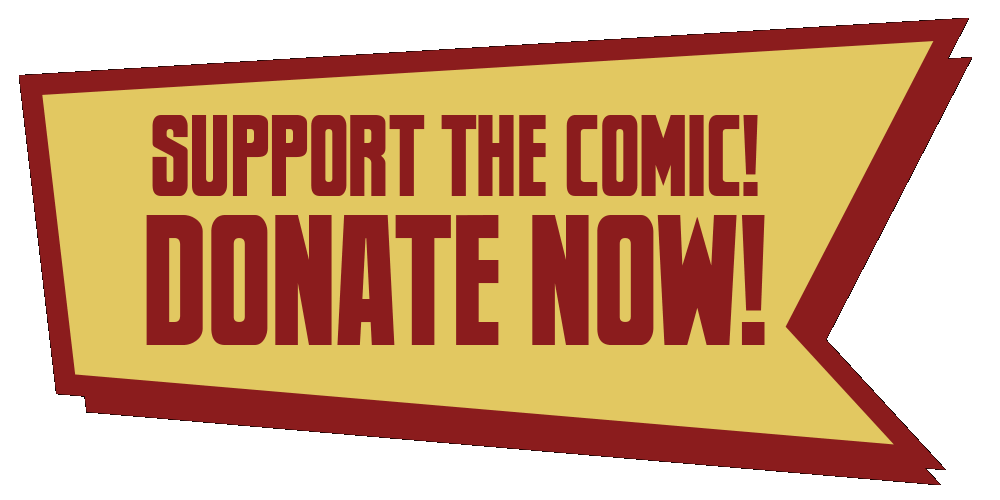
A really unfortunate snippet of footage was put out a few weeks ago that purports to be a deleted scene from Star Trek: Discovery. In it the disgraced Emperor Phillipa is followed into her newly acquired strip club by an agent of Section 31 who proceeds to induct her into the secret society. Section 31, for those fortunate enough not to know, is a paradox of bad conspiracy theories in which a powerful, malevolent agency is simultaneously run by the government and yet above it. It does everything in total secrecy and exists in the shadows for several hundred years between Enterprise and Deep Space Nine almost completely unnoticed.
Section 31 is one of the worst concepts to come out of Rick Berman’s Star Trek. Worse than warp 10 salamanders and transporter matter stream worms. Section 31, which is an obvious ripoff of Babylon 5‘s Bureau 13, brings the X-Files style paranoia that gained popularity in the 90’s into a franchise that has absolutely no room for it. For all our faults as a society we have no analogy to Section 31 in our government. The CIA is evil, but it’s hardly secret and it does the direct bidding of whoever is in office. It’s actions may be secretive, but they rarely stay that way for long, let alone centuries. Our secret military technology is handled by the Department of Defense which works with private industry and who’s projects are often outed eventually if not immediately. Even in authoritarian societies secret police answer to the guy at the top, making Section 31 less of a government agency and more like an Illuminati.
Government conspiracies and secret organizations are not compatible with free societies. Whether it’s anarchists and “chemtrails” or authoritarians like Alex Jones and “Pizzagate”, claiming that forces out of our control are coming to get us only helps to erode our democracy. The utopian world of Star Trek has no room for that kind of crap. This isn’t gritty realism. It’s just unhinged fears made real. It’s the stuff of dystopias, not Roddenberry idealism.
Ira Behr once said of his creation, “Why is Earth a paradise in the twenty-fourth century? Well, maybe it’s because there’s someone watching over it and doing the nasty stuff that no one wants to think about.” That may seem like a truism, but it’s really just the neoconservative mentality of someone who can’t see the good in humanity. It assumes that nasty stuff needs to be done to make things good and nice for the rest of us. That in order for us to prosper, someone has to suffer. It’s simply not historically true. One only has to spend five minutes researching the nasty stuff done in the name of Western security to see it backfire over and over again. Star Trek is the place where we’re too smart to keep doing the nasty stuff hoping for a positive outcome. We’ve become smarter than that.
What Behr’s above quote reveals is that Section 31 was never meant to be the “bad guys”. They’re an integral part of the Federation. Our heroes just find it unpalatable when they finally learn about it. If Section 31 is bad, then the Federation is bad. You can’t separate the two and you’re not meant to. Individuals may be good, but society is necessarily evil. Introducing an evil backend that makes the Federation possible is like Zach Snyder making Superman an objectivist. Superman can’t exist unless you believe in unbridled, selfless altruism. Star Trek can’t exist without it either.
It’s not like the Federation never gets things wrong. They can stumble into war (“Errand of Mercy”), breed rogue elements (The Undiscovered Country), play silly spy-vs-spy games (“The Enterprise Incident”), and trip over their own bureaucracy (every commissioner or diplomat that ever breathed down Kirk’s neck). But, under it all, it is a free and fair society that plays by its own rules. If you can’t believe that then the entire concept of Star Trek falls apart. What do Kirk and Picard’s famous monologues on humanity and peace mean if Section 31 is out there undermining everything they do? What have they been working for if, in the end, their world is a false one? Section 31 literally destroys the the idea of a better tomorrow, which is the very backbone of Star Trek. Because, if Section 31 is real then tomorrow is way worse than today. I refuse to believe that.


Section 31 was a non-thing in TOS. Maybe the theme of its decline during Captain Pike’s era could be addressed in a forthcoming arc of this strip.
I envy the way you’ve come up with a point about 31 that negates whatever enjoyment I’ve ever gotten out of seeing Bashir and O’Brien try to subvert it. And of course the fact that they were able to do so suggests that a Trekverse where 31 has been operating for centuries has actually suffered dozens of problems that resulted from 31 having created worse problems than the ones they were ostensibly trying to solve.
I wholeheartedly agree, in regard to Star Trek as well as Superman! I stopped watching Discovery after it took what I consider to be a fatal misstep into the mirror universe before we even really got to know the setting and characters under “normal” circumstances. Now they’re falling into another tiger pit before recovering from the first one. Didn’t we learn from “Into Darkness” that this is a bad idea?
Section 31 is the brainchild of the kind of addle-pates who try to make My Little Pony edgy and gritty.
Well said, sir. Thanks–we need the true principles of the Federation now more than we ever have.
I really wish you would choose a better and darker font. This one is always so hard to read.